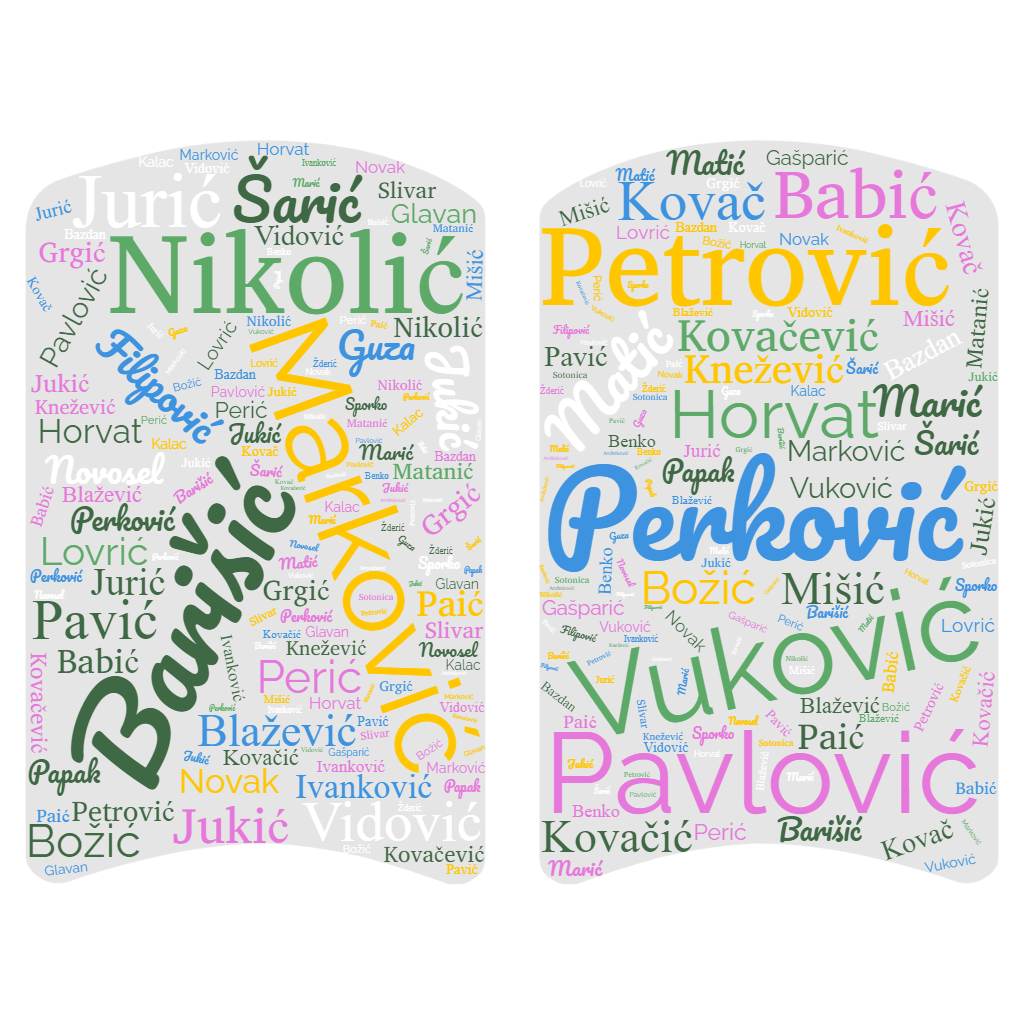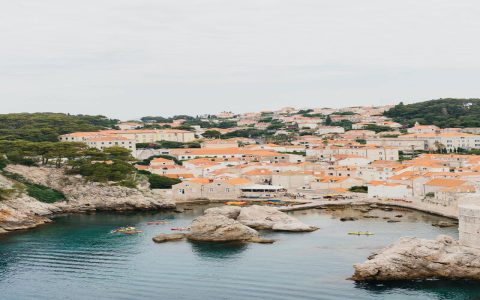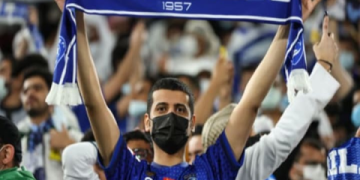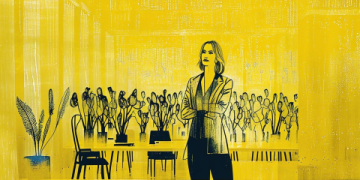# Introduction: Why Do Common Names in Croatia Matter?
Have you ever wondered what the most common names in Croatia are—and why? You’re not alone. Many travelers, genealogists, and locals themselves seek to understand the naming traditions in Croatia, whether out of curiosity or for vital tasks like tracing ancestry and choosing baby names. This ultimate guide dives deep into the roots, trends, and unique features of common names in Croatia. You’ll also find actionable tips and one crucial warning on avoiding cultural missteps.
# The Historical Roots of Croatian Names
First things first—Croatia’s surnames and first names are a living record of its rich history and diverse influences. The country has been shaped by Slavic traditions, as well as Latin, German, and Hungarian heritages. Unsurprisingly, these have left their mark on Croatian names.
According to government records from Croatia’s Central Bureau of Statistics, the most common male name is Ivan, while Marija is the top female name (来源: Croatian Bureau of Statistics, 2021). This has been true for decades, showing just how deep these roots go. But don’t make the mistake of thinking all Croatian names sound the same—variety and local flavor abound!
# Top Common Names in Croatia: A Modern Snapshot
Let’s get practical: What are the actual names topping Croatia’s charts today? After years of observing naming trends and speaking with locals, here’s what stands out.
MALE NAMES:
– Ivan
– Marko
– Josip
– Luka
– Ante
FEMALE NAMES:
– Marija
– Ana
– Ivana
– Martina
– Katarina
These names are seen everywhere, from sports stars to politicians. You’re just as likely to meet a Josip in rural Dalmatia as in the busy streets of Zagreb.

But naming preferences are slowly shifting! In recent generations, names like Mia, Ema, and Noa are becoming more popular, particularly among young parents (来源: MojPosao HR Name Research, 2022).
# Comparing Croatian Names to Regional Neighbors
You might wonder: How do Croatian naming patterns compare to those in nearby countries? Below is a quick-glance comparison of some of the most common male and female names across Croatia, Serbia, and Slovenia:
| Country | Male Name | Female Name |
|---|---|---|
| Croatia | Ivan | Marija |
| Serbia | Nikola | Jelena |
| Slovenia | Marko | Ana |
As you can see, while there’s overlap due to shared Slavic roots, each country retains its own favorite names and variations. For instance, Ivan is dominant in Croatia, but Nikola holds sway in Serbia.
# The Anatomy of a Croatian Name: Surnames, Nicknames, and Traditions
Understanding common names in Croatia goes beyond first names. Surnames, nicknames, and even how names are written offer extra insight:
1. Surnames usually end with –ić, a diminutive suffix meaning “son of”. Think Jurić, Kovačić, or Horvat.
2. Nicknames are a huge part of the culture; Ivica for Ivan, or Kata for Katarina pop up everywhere.
3. Middle names are rare; most people use only a first name and a surname.
4. Many names are tied to saints’ names and Christian holidays, reflecting Croatia’s Catholic heritage.
According to my experience working with Croatian communities, using the familiar –ić surname or a friendly nickname immediately breaks the ice. It shows respect and awareness of local customs—which always earns you a smile.
# Step-by-Step Guide: How to Find Croatian Name Data
Looking for a family member’s roots, building a character for a novel, or just curious? Here’s how you can quickly track down the most common names in Croatia.
1. HEAD TO THE CROATIAN BUREAU OF STATISTICS: Visit the official website for up-to-date birth and census data.
2. USE THE MOJPOSAO HR SITE: Their research often covers popularity trends and detailed rankings.
3. CONSULT LOCAL MUNICIPALITY RECORDS: Especially useful for family history or regional differences.
4. CHECK CHURCH REGISTERS: Baptism and marriage records are goldmines for older Croatian names.
5. JOIN ONLINE FORUMS: Platforms like Forum.hr feature active discussions around name choices.
Following these steps ensures not only accuracy but also deeper insight into Croatian naming patterns.
# Common Pitfalls: What Tourists and Expats Often Get Wrong
ATTENTION: A surprisingly common mistake is assuming that any Slavic-sounding name will fit perfectly in Croatia. Not all similar names are interchangeable! For example, while Ivan is universal, the name Bogdan—common in Serbia—is rare in Croatia and sometimes misunderstood. Similarly, spelling and pronunciation matter a lot in polite company. Making a small error here can accidentally change the meaning or even sound disrespectful.
Always double-check the gender, spelling, and cultural context when using Croatian names, especially for formal addresses.
# Expert Tips for Embracing Croatian Names
If you’re considering a Croatian name for a baby, a business, or even a pet, here are PRACTICAL IDEAS:
– BLEND MODERNITY AND TRADITION: Pair a timeless name like Marija with a modern middle name for a unique twist.
– LEARN PRONUNCIATION BASICS: Even knowing that “ć” is pronounced as “ch” can work wonders.
– USE OFFICIAL SOURCES: Check birth records or official lists to avoid rare or outdated names.
– TALK TO LOCALS: They love sharing the stories behind their names and nicknames.
# Modern Trends and the Future of Croatian Names
Though tradition holds strong, modern Croatia is also embracing international and shorter names. You’ll spot names like Mia, Leon, and Noa on playgrounds more these days than ever before. At the same time, the beloved –ić surnames and saint-inspired first names remain popular, showing DIVERSITY within consistency.
Recent research points out that names reflecting strong cultural identity are still most common: Ivan, Marko, Luka, and Josip for boys; Marija, Ana, and Ivana for girls remain firmly at the top (来源: MojPosao HR Name Research, 2022).
# Checklist: Mastering Common Names in Croatia
Want to avoid embarrassing blunders and make a memorable impression? Run through this checklist before you use or choose a Croatian name:
– CONFIRM SPELLING USING GOVERNMENT SOURCES.
– PRONOUNCE THE “Ć” AND “Č” CORRECTLY.
– CHOOSE A NAME THAT MATCHES THE PERSON’S REGION OR BACKGROUND WHEN POSSIBLE.
– DOUBLE-CHECK GENDER TO AVOID CONFUSIONS.
– USE POPULAR NICKNAMES WHEN APPROPRIATE IN INFORMAL SETTINGS.
– AVOID DIRECTLY ASSUMING A NAME FROM A NEIGHBORING COUNTRY WILL FIT.
– RESPECT THE TRADITION OF SAINTLY NAMES, ESPECIALLY AMONG OLDER GENERATIONS.
Common names in Croatia are more than an entry on a list—they’re a window into the nation’s past, present, and evolving future. Whether you’re tracing a family tree, making new friends, or picking a name for your child, understanding these nuances lets you connect deeper with Croatian culture.













